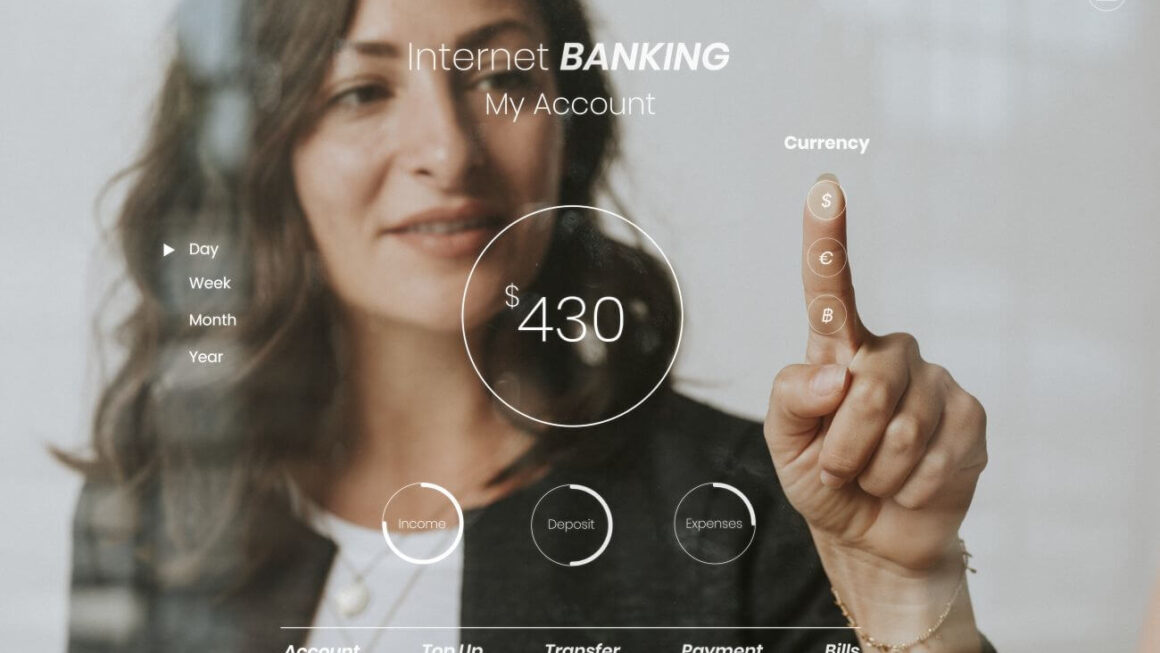Are you frustrated by the limited accessibility of traditional banking systems? Well, you’re not alone. Enter the game-changing concept of tokenizing bank accounts – a revolutionary approach that’s set to transform the way we think about and interact with our money. Let’s explore how this innovative technology is reshaping the banking landscape, offering both ironclad security and unprecedented accessibility.
What Exactly Is Bank Account Tokenization?
Bank account tokenization is like giving your account a secret identity. Instead of using your actual account number for transactions, you use a unique, randomly generated token. Think of it as a digital disguise for your bank account. This token acts as a stand-in for your real account details, much like how a movie stunt double takes the place of an actor in risky scenes.
But it’s not just about playing dress-up with your account numbers. Tokenization is a sophisticated process that involves replacing sensitive data with non-sensitive equivalents. These tokens maintain the essential information about the data without compromising its security. For example, a token might preserve the last four digits of your account number while scrambling the rest, allowing for identification without risking exposure of the full account details.
The beauty of tokenization lies in its versatility. These tokens can be used for various money transfers, from online purchases to recurring bill payments, all without ever revealing your actual account information. It’s like having a secret agent working for your bank account, handling all the risky business while keeping your true identity under wraps.
Moreover, tokenization isn’t a one-size-fits-all solution. Different types of tokens can be created for different purposes. Some tokens might be used for one-time transactions, while others could be set up for specific merchants or recurring payments. This flexibility allows for a tailored approach to financial security, adapting to the unique needs of each user and transaction type.
The process of tokenization also involves sophisticated encryption methods. While the token itself doesn’t contain sensitive information, the system that generates and decrypts these tokens is highly secure. This means that even if a token were to fall into the wrong hands, it would be virtually useless without access to the secure tokenization system.
Enhanced Security: A Fort Knox for Your Finances
Traditional banking systems, while secure, have their vulnerabilities. Every time you use your actual account number, you’re potentially exposing it to risks. But with tokenization, it’s like you’re sending out a decoy instead of the real deal.
Let’s break this down with a real-world scenario. Imagine you’re shopping online. Normally, you’d enter your credit card details directly on the website. Each time you do this, you’re trusting that website with your sensitive information. Now, picture the same scenario with a tokenized account.
Instead of your actual account number, you use a token in the online payment gateway. If the website gets hacked (and unfortunately, these things do happen), the hackers only get the token – a useless string of numbers without the secure system to decrypt it.
But the security benefits don’t stop there.
- Tokenization also significantly reduces the risk of internal fraud. In traditional banking systems, employees might have access to customer account details. With tokenization, even if someone inside the bank wanted to misuse your information, they’d only have access to tokens, not your actual account data.
- Another major security advantage is in the realm of data breaches. We’ve all heard horror stories of massive data breaches where millions of account details are stolen. With tokenized accounts, even if a breach occurs, the stolen data is essentially worthless to the thieves. It’s like they’ve broken into a vault only to find it filled with Monopoly money.
- Tokenization also allows for more granular control over your financial data. You can create different tokens for different purposes, limiting the potential damage if any single token is compromised. For instance, you might use one token for your Netflix subscription and another for your online shopping. If the shopping token is somehow compromised, your Netflix account remains secure, and vice versa.
- Moreover, tokenization can enhance security in person-to-person transactions. When you need to share account details with someone for a transfer, instead of giving them your actual account number, you can provide a token. This token can even be set to expire after a single use, ensuring that your account details aren’t lingering in someone else’s records indefinitely.
Improved Accessibility: Banking Without Borders
Tokenization isn’t just about beefing up security; it’s also about breaking down barriers to financial accessibility. Traditional banking systems can be cumbersome, especially when it comes to international transactions or accessing your funds across different platforms. Tokenized bank accounts are changing this landscape, making your money more accessible than ever before.
Think about how frustrating it can be to access your funds when traveling abroad. You might face hefty fees, limited access to your accounts, or the hassle of carrying large amounts of cash. With tokenized accounts, these problems become a thing of the past. You can generate tokens that work seamlessly across borders, allowing you to access your funds as easily in Tokyo as you would in your hometown.
But it’s not just about international travel. Tokenization is revolutionizing the way we interact with various financial services. For instance, consider the process of linking your bank account to different apps and services. Traditionally, this often involves sharing your actual account details, which can be nerve-wracking. With tokenization, you can create unique tokens for each service. This not only enhances security but also makes the process of connecting your finances to various platforms much smoother and less anxiety-inducing.
Moreover, tokenization is enhancing the speed of financial transactions. In traditional systems, especially for international transfers, transactions can take days to process due to various security checks. Tokenized transactions can be nearly instantaneous, as the security is built into the token itself. This means faster access to your funds, quicker international transfers, and more efficient financial management overall.
The accessibility improvements extend to businesses as well. Companies dealing with international clients or suppliers can use tokenization to streamline their financial operations. Instead of juggling multiple international accounts or dealing with complex currency conversions, they can use tokens to simplify cross-border transactions, making global commerce more accessible to businesses of all sizes.
The Future of Finance: What’s Next for Tokenized Banking?
As we look to the horizon, the potential of tokenized banking seems boundless. We’re standing on the cusp of a financial revolution, and tokenization is leading the charge. But what exactly does this future hold? Let’s gaze into the crystal ball of finance and explore some exciting possibilities.
- One of the most promising developments is the integration of tokenized banking with blockchain technology. This combination could create an unparalleled level of transparency and security in financial transactions. Imagine a world where every transaction is not only secure but also fully traceable and verifiable, all without compromising personal data. This could revolutionize everything from personal banking to international finance, potentially eliminating issues like money laundering and fraud.
- Another exciting prospect is the evolution of smart contracts in tokenized banking. Smart contracts are self-executing contracts with the terms directly written into code. When combined with tokenized bank accounts, this could automate and secure a wide range of financial agreements. For instance, rent payments could be automatically processed using tokens, with the smart contract ensuring that the payment is only released when certain conditions are met, like the landlord fulfilling maintenance obligations.
- The future might also see the rise of “programmable money.” With tokenized accounts, you could set specific rules for how your money can be used. Parents could create tokens for their children’s allowances that can only be spent on certain categories of items. Businesses could issue tokens to employees for expenses that are only valid for work-related purchases. The possibilities for customized financial management are endless.
- We might also see a shift in how we think about financial identity. Instead of being tied to a specific bank or even a specific country’s financial system, your tokenized financial identity could be portable and universal. This could make switching between financial service providers as easy as switching between email accounts, fostering greater competition and innovation in the banking sector.
- The integration of tokenized banking with the Internet of Things (IoT) is another frontier to watch. Imagine your smart home automatically paying your utility bills using tokenized transactions, or your car paying for its own fuel (or charging, for electric vehicles) without you having to swipe a card or tap your phone.
- Lastly, tokenization could play a crucial role in the development of central bank digital currencies (CBDCs). As governments around the world explore the possibility of digital versions of their national currencies, tokenization could provide the security and flexibility needed to make these projects viable on a large scale.
As we wrap up our journey through the world of tokenized banking, it’s clear that we’re looking at a future where finance is more secure, more accessible, and more tailored to individual needs than ever before. While challenges remain, particularly in terms of regulation and widespread adoption, the potential benefits of tokenization are too significant to ignore. As this technology continues to evolve, it promises to reshape our relationship with money, making our financial lives safer, easier, and more connected to the digital world we live in. The future of finance is tokenized, and it’s a future full of exciting possibilities.
Promotional article
See also:




